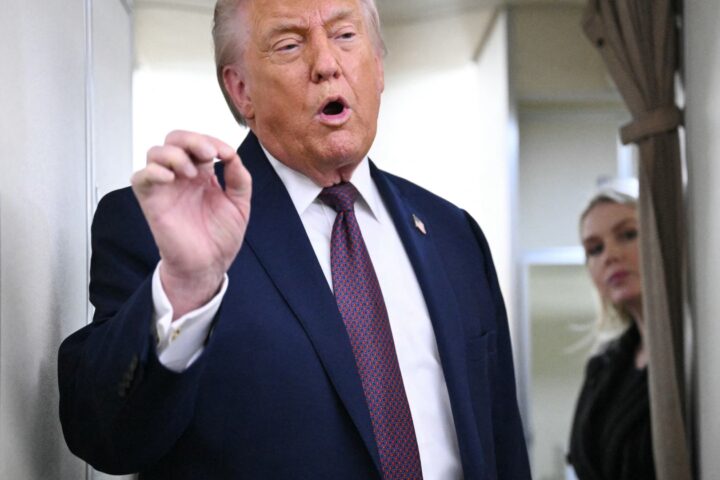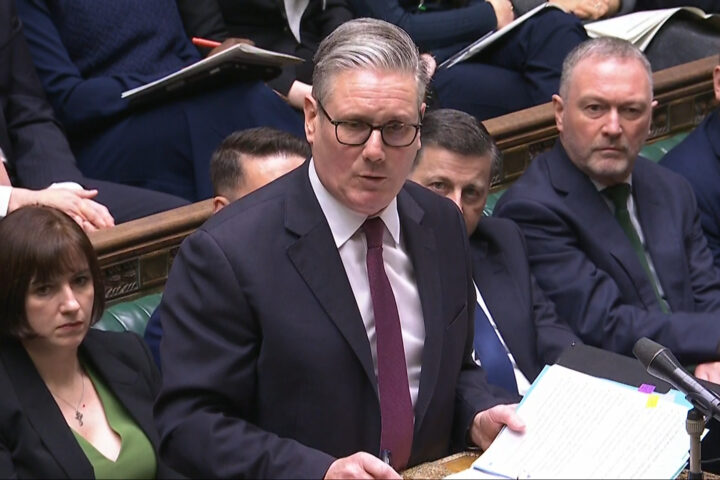On August 26, thousands of Lithuanians were set to gather in Vilnius to protest the formation of a new ruling coalition that opponents say risks undermining the country’s democratic values and foreign policy commitments. Local authorities authorized up to 10,000 participants at the demonstration, which organizers branded a “day of shame” in response to the Social Democratic Party’s decision to align with populist and euroskeptic forces. According to Delfi, protesters accuse the Social Democrats of betraying their promises by handing power to parties critical of sanctions against Russia and Belarus.
Protest timed with parliamentary vote
The protest coincided with a decisive session in the Lithuanian Seimas, where lawmakers were scheduled to vote on the appointment of Social Democrat Inga Ruginienė as prime minister. The coalition deal, signed on August 25, brought together the Social Democrats, the populist “Dawn of the Neman” party led by Remigijus Žemaitaitis, and the “Union of Farmers, Greens and Christian Families of Lithuania.” Critics highlight Žemaitaitis’s past calls to reduce aid to Ukraine and his record of antisemitic remarks, while the Farmers and Greens bloc includes the pro-Russian “Electoral Action of Poles in Lithuania–Christian Families Alliance.”
Controversial power-sharing agreement
Under the coalition framework, Farmers and Greens leader Aurelijus Veryga confirmed that his faction is expected to control the ministries of economy and justice. He acknowledged that the justice portfolio could go to a member of the Electoral Action of Poles in Lithuania, a move that opposition figures warn would grant a pro-Russian party influence over Lithuania’s legal system. The Social Democrats excluded the Democrats “For Lithuania” party—part of the previous coalition—from the new government, after it refused to cooperate with “Dawn of the Neman.”
Risks for foreign policy and stability
The coalition, formed after the resignation of former Prime Minister Gintautas Paluckas’s government in July amid corruption allegations, was officially presented as a step toward stability. However, the inclusion of parties known for opposing sanctions on Moscow and questioning military support for Kyiv poses direct risks to Lithuania’s role as one of Ukraine’s strongest backers in Europe. Analysts warn that under pressure from coalition partners, the government could reduce military and financial aid or block specific measures such as sending instructors to Ukraine.
Strategic implications for Lithuania
The entry of openly pro-Russian forces into government raises broader concerns for Lithuania’s security and international alignment. Observers caution that Russia is likely to exploit these domestic divisions to weaken public trust in the government, erode support for NATO, and obstruct judicial cooperation with European partners. Handing the justice ministry to a member of the Electoral Action of Poles in Lithuania could amplify these risks, creating vulnerabilities in Lithuania’s rule of law and internal stability at a critical moment for regional security.















